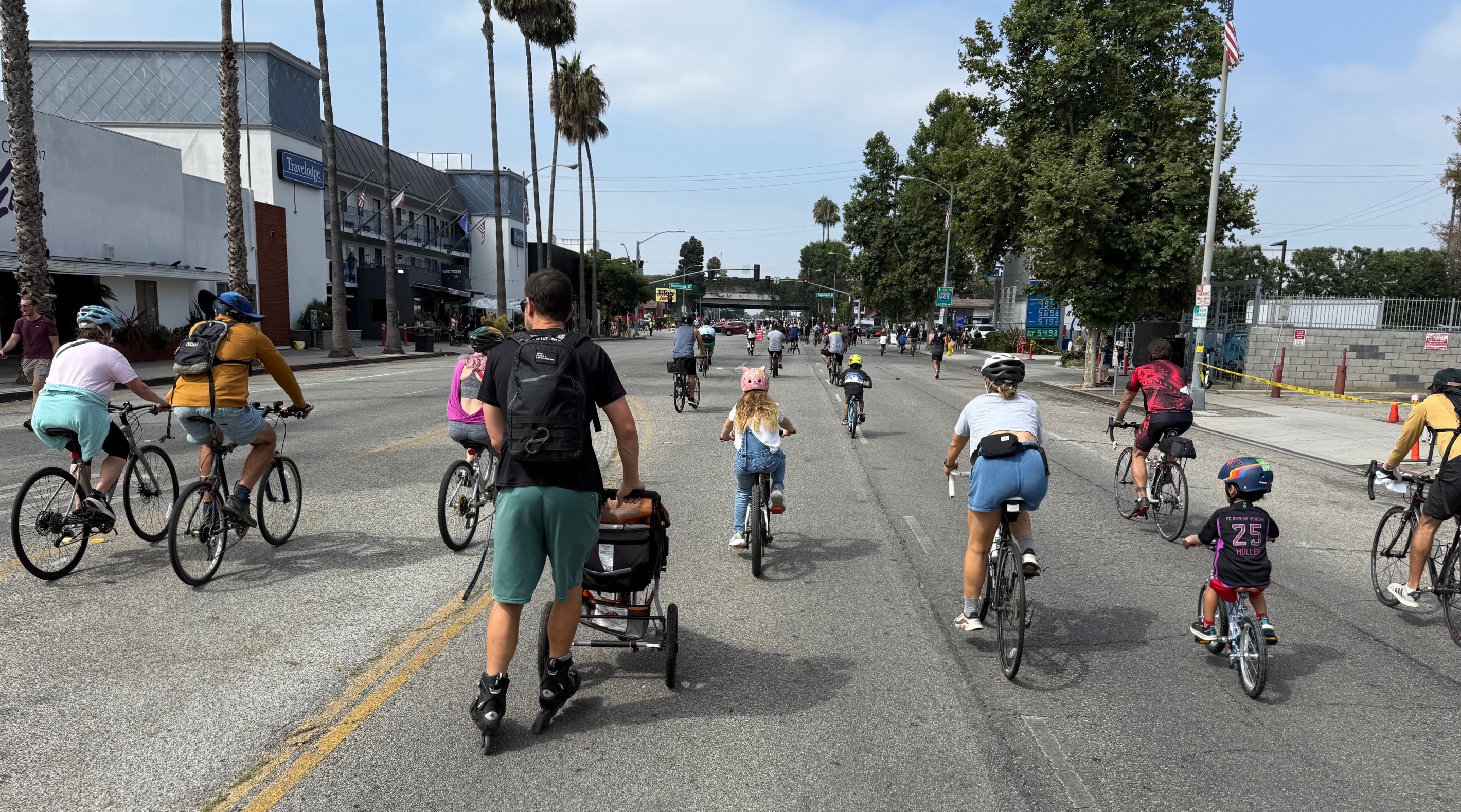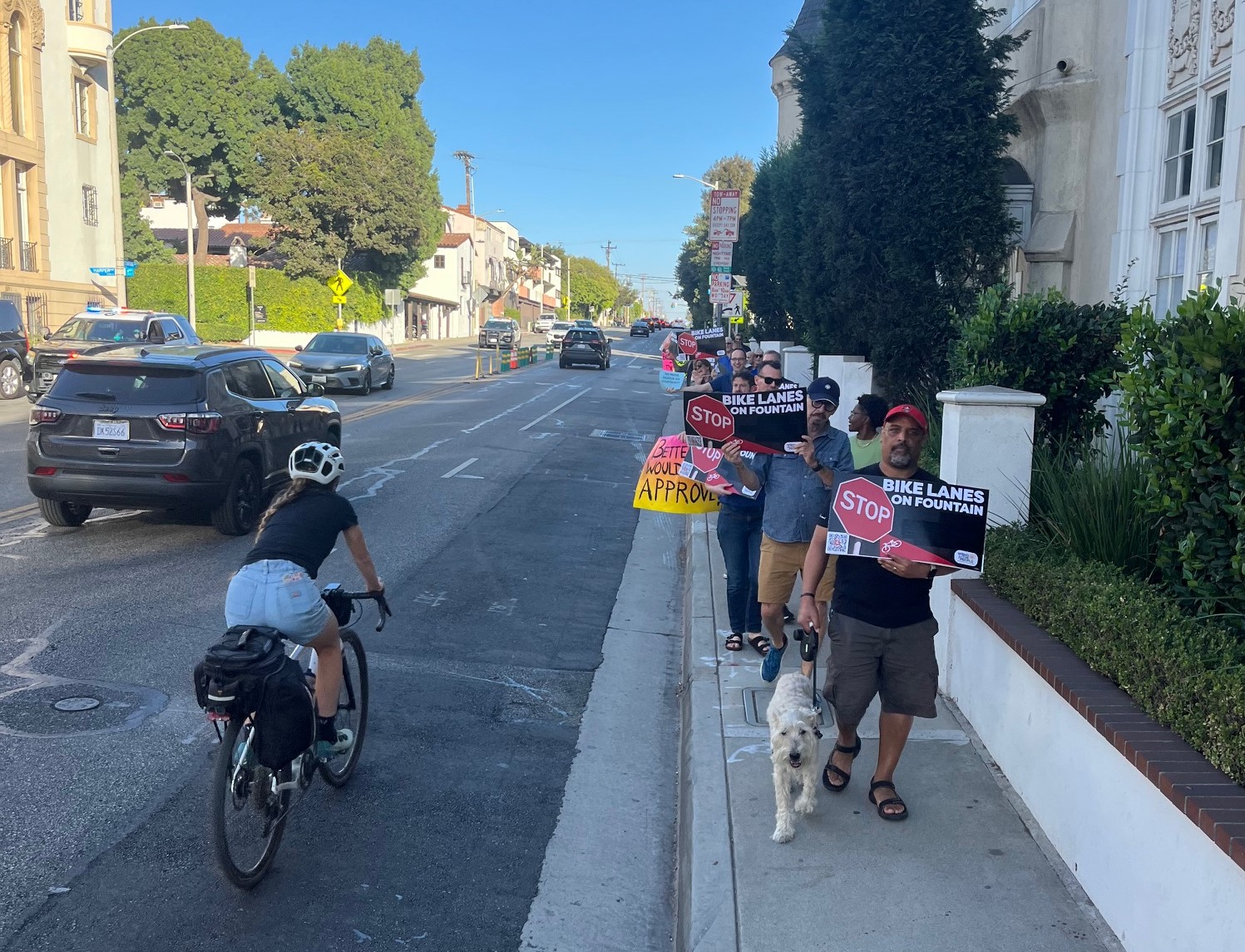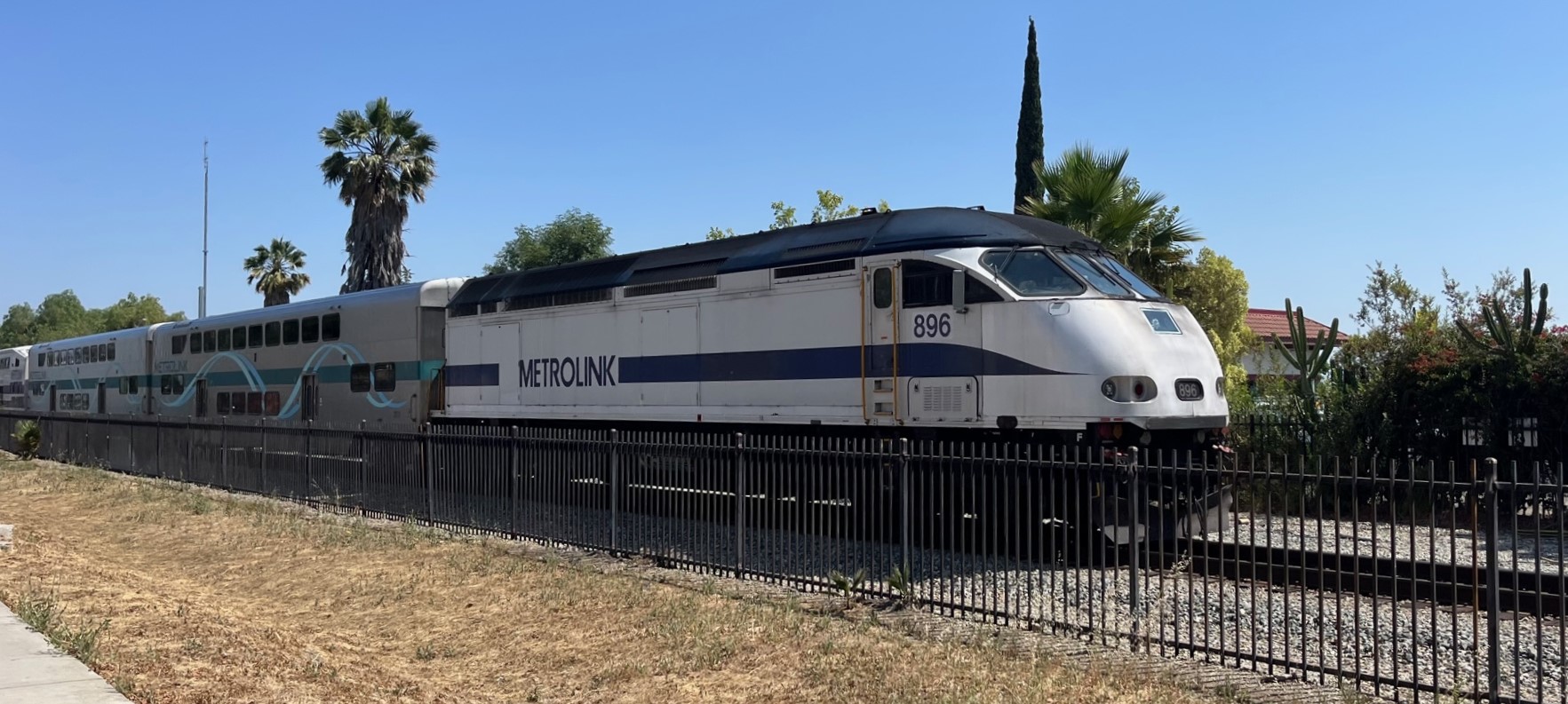Last week, the House of Representatives, including most Republicans, voted against a measure that sought to restrict what the federal government spends on transportation to revenues from the gas tax. As Streetsblog reported, it was a landslide.
Yonah Freemark at the Transport Politic looks at the meaning of the vote, and the surprising fact that even the average Republican wouldn't get behind this measure:
On Friday, members of the U.S. House took one of the most significant votes on transportation in years. A non-binding motion brought forward by Representative Paul Broun (R-GA) to limit federal transportation expenditures to receipts from the fuel tax assembled in the Highway Trust Fund was defeated, massively defeated, by a 82 to 323 vote. Translation: A large majority of the lower chamber endorsed the idea that the government should be using funds sourced outside of user fees – generally that means deficit-increasing debt — to pay for transportation investments.
Listening to the rhetoric of many political leaders in Washington, the outcome may come as a surprise. After all, isn’t this supposed to be a new age of fiscal discipline? Doesn’t everyone care about keeping expenditures in line with revenues to limit the deficit?
Apparently not when it comes to transportation. If last week’s vote proves anything, it is that support for the idea that spending on transportation should be limited to user revenues is confined to a right-wing minority so far on the sidelines that it does not even account for half of House Republicans. Faced with the choice between drastically reduced spending on infrastructure — a reduction of 30% or more if spending on transportation were to match revenues, according to some estimates (because of the fall-off in collections from the federal fuel taxes, which have historically paid for national spending on roads and transit) – or keep spending in line with demand, rather than the money available, the majority of elected officials across the political spectrum continue to select the latter.
Elsewhere on the Network today: The city of St. Louis considers legislation that would require businesses to provide pedestrian accessways separate from parking lot entrances, reports Urban Review STL. The Political Environment says Wisconsin Governor Scott Walker's dire warnings about the state "becoming another Milwaukee" look pretty silly considering the flurry of activity that took place in the state's largest city over the weekend. And Brand Avenue reports that Washington, DC and other "young" cities are going to need to focus increasingly on service provision as they become host to many more families.







